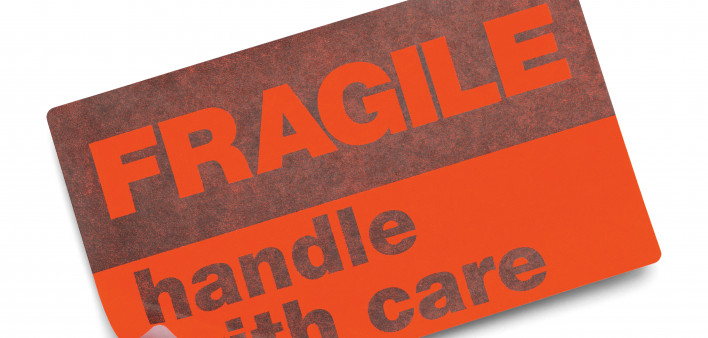People with HIV who develop frailty have a higher risk of multiple health problems as well as an elevated risk of death.
HIV-positive individuals tend to develop frailty at a younger age than those in the general population, for whom surpassing age 65 is associated with a greater risk for the condition.
Researchers studied a cohort of 1,016 people with HIV who had a median age of 51 years old and almost all of whom were on treatment for the virus; 19 percent were female. Participants were considered frail if they had at least three of five conditions: weak grip, slow gait speed on a four-meter walk, self-reported weight loss, exhaustion and limitations in the ability to engage in vigorous physical activity.
At their first assessment, 38 percent of the participants were considered pre-frail (they met one or two of the frailty conditions) and 6 percent were frail. Nineteen percent of the participants saw an increase in their frailty score on one or more conditions during the first 48 weeks of follow-up.
After adjusting the data for various factors, the researchers found that having frailty at the study’s outset was associated with a 3.8-fold increased risk of a cardiovascular disease diagnosis and a 2.3-fold increased risk of diabetes during a median 4.0 years of follow-up. Frailty was also associated with a trend toward bone-related health events, but this finding could have been the result of chance.
An increase in frailty during the first 48 weeks of the study was associated with a 3.8-fold increased risk of death.
“Since frail individuals are more likely to experience serious health consequences, persons with HIV, particularly those who are in their sixth or seventh decade, should be aware of any changes in their strength and activity and report these to their health care providers,” says study author Sean G. Kelly, MD, an assistant professor of medicine at Vanderbilt University Medical Center in Nashville.
“Staying active is the key to avoiding or improving frailty,” Kelly adds. “Regular participation in exercise programs, particularly those aimed at improving strength and balance, such as aerobics and resistance training, can prevent and reduce frailty, no matter one’s age.”







Comments
Comments